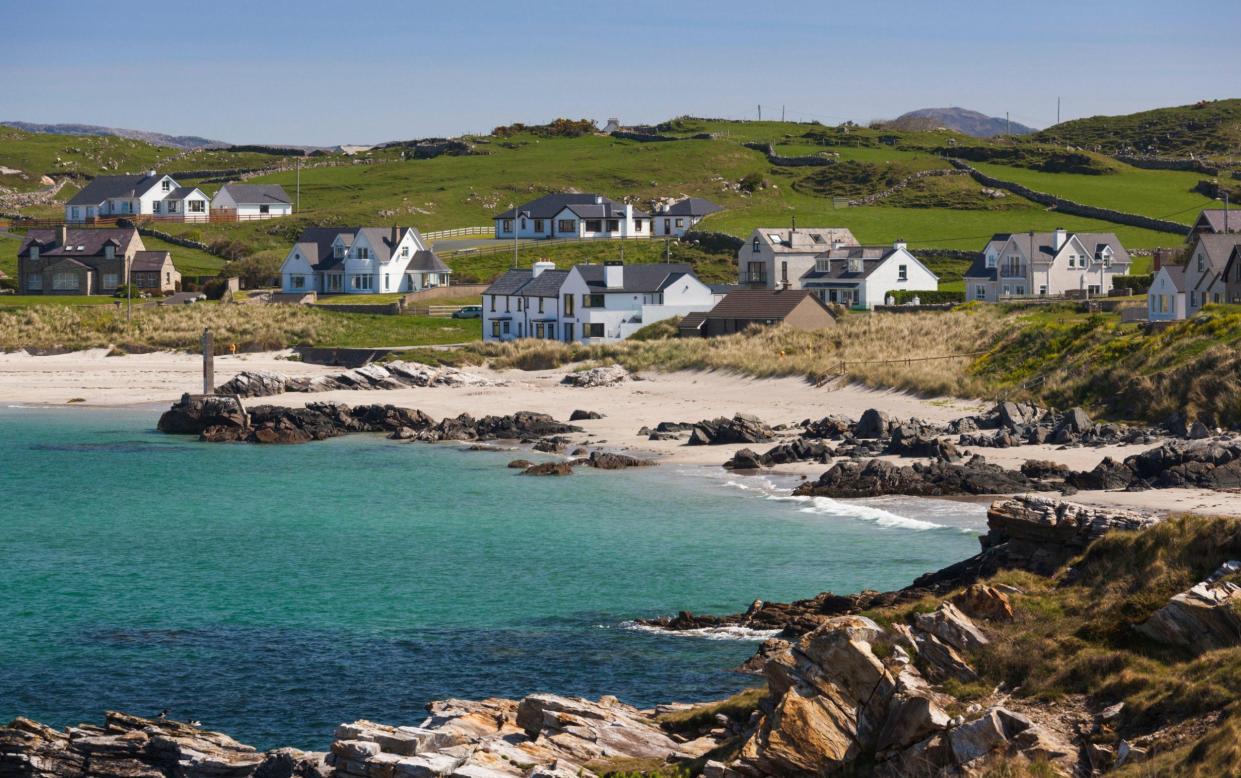Scandal, hypocrisy and the stigma of divorce make this Irish novel sing

Divorce was legalised in the Republic of Ireland in 1996. The Coast Road, Alan Murrin’s first novel, is set in a small town in Co Donegal, with that constitutional amendment in the offing, but as yet unconfirmed. Colette Crowley, a poet, had left her husband – they are only, of course, informally separated – and their children, but has returned. She becomes friends with Izzy Keaveney, her creative writing student; the women gain Colette illicit access to her son, and bond over the miseries of marriage, Izzy’s husband being a scandal-phobic politician who requires her on his arm publicly, but shows little love – neither does she – behind closed doors.
The story is crisply told. Murrin is sceptically yet tenderly observant, of styles of speech, gesture, dress and the myriad ways emotions have of surfacing in a pressurised conversation. His characters are scrutineers: they notice things, and this tallies with the role played by gossip in a closed community. “You know what this town is like,” says Izzy, “you can’t even be friends with a priest but they think you’re sleeping with him.” Everyone gathers the ammunition of scandal to deploy against their enemies or in their own defence. A participant in Colette’s workshop writes uncontrollably during an exercise, is unable to stop, flees the room. “Something had cleaved open inside her and poured onto the page, and she was mortified”: unhappy feelings that can’t be vented elsewhere burst forth, just as within the Catholic confessional.
Murrin’s own prose never gushes, and one might cavil at such conscientiousness. Whatever impulse inspires such precise sentences, whether it’s born of the workshop or otherwise – Murrin writes literary journalism, he must be used to word limits – it can also, scaled up, make for programmatic plotting. The Coast Road seems embarrassed by its lurch into melodrama at the end, a move that reminded me of the “advice” – that’s the wrong word – that my wife, also a writer of fiction, received from a commercially-minded agent: “A novel about a woman should see her go on a life-changing journey.”
Yet this is a book about a place and a time of limited possibilities, especially for women, and in such a situation actions do become foreseeable and potentially tragic – in the true, not the soft, sense. As with the short stories of James Joyce’s Dubliners, the structural cohesion of The Coast Road’s style and plotting matches the constrictions its characters can’t escape.
The Coast Road is published by Bloomsbury at £16.99. To order your copy for £14.99, call 0844 196 6794 or visit Telegraph Books

